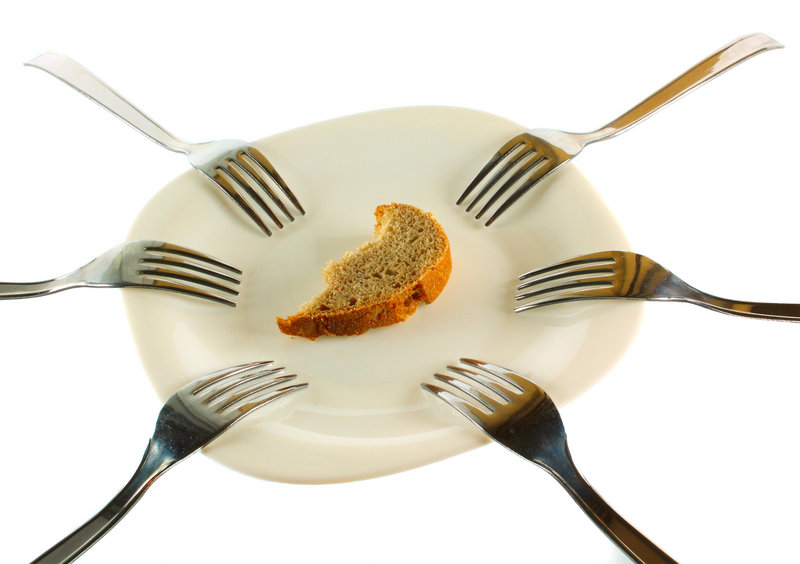Food is a basic need. Without it, we can’t survive.
Maine is in the midst of a food crisis that is so widespread and complex we can’t always see it. But it is there, and it is profound.
First, the good news: We are not starving. Poverty in Maine does not look like Third World poverty, and we do not see people dying in the streets.
But we do have poverty, and we do have hunger here.
Maine ranks seventh in the nation for food insecurity.
Too many people are living in homes where they literally may not know where the next meal is coming from.
Most of these people are part of families in which at least one member has a job. About half live above the poverty line and do not receive food assistance from the government.
This has led to an explosion in the number of church groups and social service agencies providing emergency services. In 1980, Cumberland County had only two food pantries to distribute free groceries to needy families. Today, it has more than 50.
But emergency services are not enough to meet this need. We all should act together through our government to ensure that all Mainers are getting adequate nutrition.
It’s vital that Maine does not further erode the social safety net and cut General Assistance, the last-chance aid for people in need as proposed in the governor’s budget.
On a federal level, Congress should pass a farm bill that puts the Supplemental Nutrition Assistance Program (formerly known as food stamps) back in the U.S. Department of Agriculture’s budget. It was stripped out by House Republicans last year, leading to an impasse.
In the long term, the nation must rethink its agricultural policies. We continue to subsidize commodity crops that are turned into cheap but unhealthy foods, making fruits and vegetables relatively more expensive.
It’s not as if we aren’t already paying the cost of malnutrition. Children who don’t get enough to eat, or get only the wrong kinds of food, don’t come to school ready to learn. They require more services, including special education, and don’t get the preparation they need to lead productive lives.
Adults who try to stretch a dollar by buying the cheapest calories available can take in too much sugar, fat and simple carbohydrates. This is how food insecurity leads to obesity and a host of medical problems including diabetes, heart disease and cancer.
Good nutrition should be available for everyone. That means increasing food assistance to make healthy foods affordable and changing the subsidy system to bring down the cost of the foods people should be eating.
This all boils down to priorities. We have a food crisis, but not a food shortage. If we choose to, we can end needless suffering.
Copy the Story Link
Send questions/comments to the editors.



Success. Please wait for the page to reload. If the page does not reload within 5 seconds, please refresh the page.
Enter your email and password to access comments.
Hi, to comment on stories you must . This profile is in addition to your subscription and website login.
Already have a commenting profile? .
Invalid username/password.
Please check your email to confirm and complete your registration.
Only subscribers are eligible to post comments. Please subscribe or login first for digital access. Here’s why.
Use the form below to reset your password. When you've submitted your account email, we will send an email with a reset code.